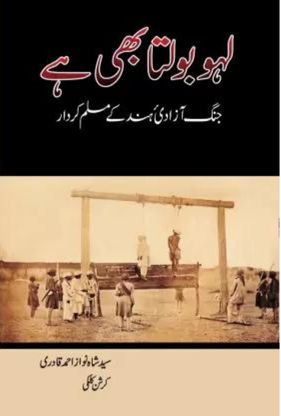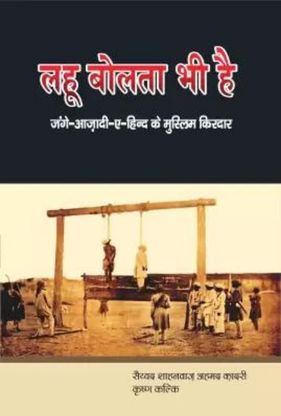Syed Shahnawaz Qadri is a prominent Indian author, historian, and political analyst known for his commitment to presenting a more balanced and accurate account of India’s history. Qadri began his career as a politician, advocating for social justice and equal representation for all communities. Over time, he transitioned into writing, driven by a passion for uncovering the untold stories of Muslim freedom fighters and their contributions to India’s independence movement.
Qadri’s groundbreaking work, “Lahu Bolta Bhi Hai,” has been praised for challenging the dominant narrative and offering fresh perspectives on the role of Muslims in India’s past. His writings have also raised awareness about the misconceptions surrounding prominent Muslim figures and their patriotism. Qadri’s dedication to fostering a more inclusive understanding of India’s history has made him an influential and respected voice in the ongoing discourse surrounding the country’s diverse past.

